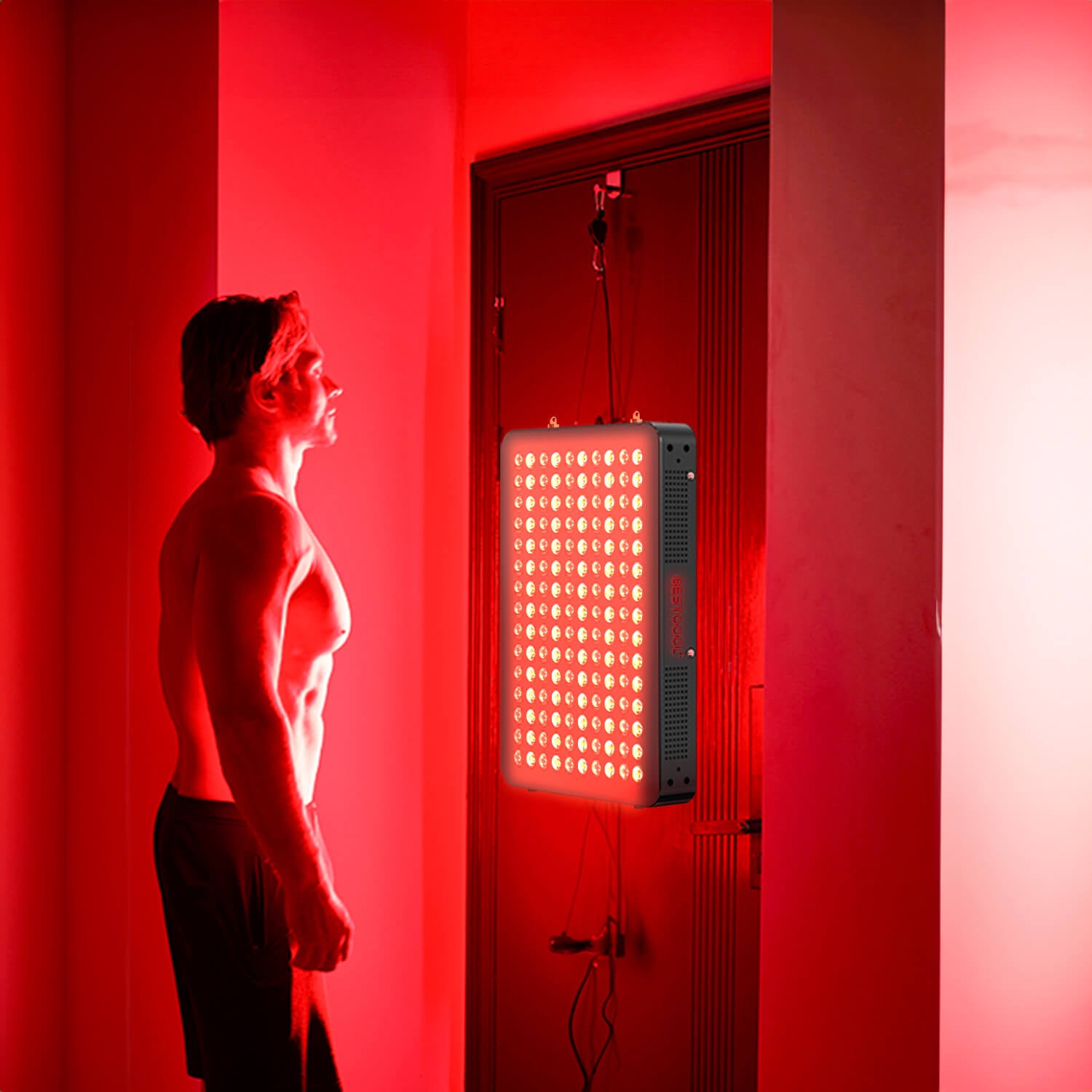The Importance of Quality Assurance in Light Modules: Ensuring Reliability and Performance
Body
In the realm of medical equipment, quality assured light modules play a pivotal role in ensuring optimal performance and reliability. These modules are essential components in various medical devices, including diagnostic tools and therapeutic equipment. Understanding the significance of quality assurance in these light modules is crucial for manufacturers, healthcare providers, and patients alike.

What Are Quality Assured Light Modules?
Quality assured light modules refer to lighting systems that have undergone rigorous testing and validation processes to ensure they meet specific performance standards. These modules are designed to provide consistent illumination, which is vital for accurate diagnostics and effective treatments. But what exactly makes these modules "quality assured"? The answer lies in the comprehensive quality control measures implemented during their production.
Key Features of Quality Assured Light Modules
- Durability: Quality assured light modules are built to withstand the rigors of medical environments, ensuring longevity and reliability.
- Performance Consistency: These modules maintain stable light output, which is critical for procedures requiring precise illumination.
- Compliance with Standards: They adhere to international safety and performance standards, providing peace of mind to users.
- Energy Efficiency: Many quality assured light modules are designed to be energy-efficient, reducing operational costs for healthcare facilities.
The Role of Quality Assurance in Medical Equipment
Quality assurance is not just a regulatory requirement; it is a fundamental aspect of medical device manufacturing. By implementing strict quality control protocols, manufacturers can ensure that their quality assured light modules function as intended. This is particularly important in high-stakes environments like hospitals, where the reliability of medical equipment can directly impact patient outcomes.
Benefits of Quality Assurance in Light Modules
Investing in quality assured light modules offers numerous benefits:
- Enhanced Patient Safety: Reliable lighting is essential for accurate diagnoses and safe procedures.
- Reduced Downtime: Quality assurance minimizes the risk of equipment failure, leading to fewer interruptions in patient care.
- Cost-Effectiveness: While quality modules may have a higher upfront cost, their durability and efficiency lead to long-term savings.
Conclusion: The Future of Quality Assured Light Modules
As technology advances, the demand for quality assured light modules will continue to grow. Manufacturers must prioritize quality assurance to meet the evolving needs of the healthcare industry. By ensuring that these modules are reliable and efficient, we can enhance patient care and improve outcomes.
For those interested in exploring high-quality light therapy options, consider visiting for a selection of quality assured products.










Comments